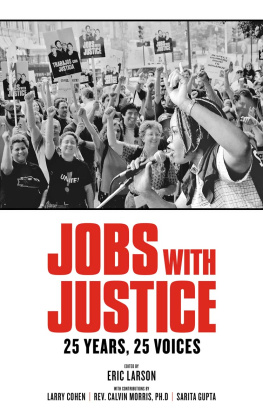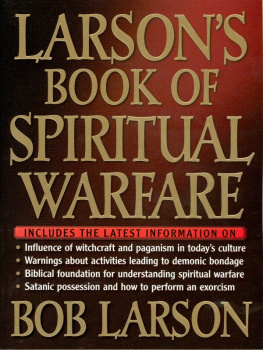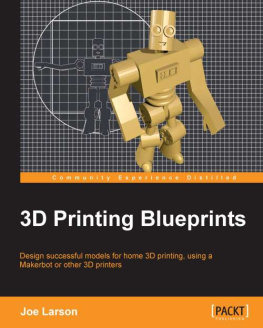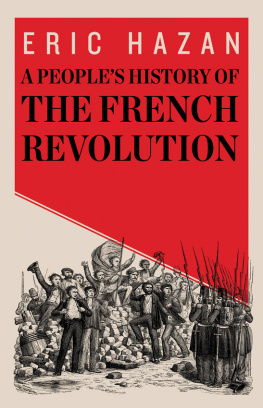Jobs with Justice: 25 Years, 25 Voices
Edited by Eric Larson
PM Press 2013
All rights reserved. No part of this book may be transmitted by any means without permission in writing from the publisher.
PO Box 23912
Oakland, CA 94623
www.pmpress.org
Cover design by John Yates
Front cover photo Ted Polumbaum
Layout by Jonathan Rowland
ISBN: 978-1-60486-746-6
LCCN: 2012954997
10 9 8 7 6 5 4 3 2 1
Printed in the USA by the Employee Owners of Thomson-Shore in Dexter, Michigan.
www.thomsonshore.com
Contents
Fred Azcarate (National JwJ Office)
A CKNOWLEDGMENTS
T HE IDEA FOR THIS BOOK EMERGED IN 2011 AS J OBS WITH J USTICE leaders discussed the organizations upcoming 25th anniversary. Since then, hundreds of people have helped make it possiblefrom the dozens who shared their stories to the many dozens who helped us turn ideas, aspirations, and interviews into what youre holding now.
First, Id like to recognize the volunteers who donated their time, energy, and patience to transcribe interviews: Joanna Stewart, Samuel Nelson, Ben Bull, Elena Korn, Ana Carolina Vasconcelos, Silke Martin, Joyce Larson, Eileen Carney, Victoria Ruiz, Julie Pittman, Chelsea Miller, Rani Gupta, and Andre Martins. Anne Lewis, Russ Davis, Rae Axner, Greta Aiken, and Becca Rast helped make the interviews and transcriptions possible, and Rand Wilson generously shared materials. Naomi Demsas from the national JwJ office was involved in all steps of the books production, and deserves many thanks.
Others in the national JwJ office had a hand in this as well. Jonathan Williams played a crucial role in sorting, finding, and selecting photographs, which are arranged chronologically. Carlos Jimenez, Scarlet Jimenez, and Mackenize Baris helped make sure interviews and photos got into my hands. Huy Ong, Erica Smiley, and others helped make the JwJ Story Center, and the 2011 national meeting more generally, a smashing success. The same goes for the videographers who helped create an invaluable video archive: Barni Qaasim (IftiinProductions.com) and Jason Michael Aragn (PanLeft.net).
Finally, thanks so much to Bill Fletcher for his comments and to Steve Early for his help in connecting us with the folks at PM Press. They have been generous, dedicated, and patient. Sarita Gupta had the vision to make this project happen, and backed it up with action and ideas.
Id like to dedicate this to the family and friends of Mattie Stegall, who passed away a few months after I interviewed her for this project. Her courage helped make Jobs with Justice possible.
Eric Larson, editor
E DITORS P REFACE: C APTURING THE S TORIES OF THE P ERMANENT C OALITION
T HIS BOOK REFLECTS ON THE J OBS WITH J USTICE COALITIONS last 25 yearsbut its very much directed at the next 25. Though the final section, JwJ Means Fighting for the Future, indeed recounts some of the struggles that will carry JwJ into the next quarter century, the book revolves not around time periods but around two principal themes: winning concrete victories and transforming relationships through coalition work. Any organization undergoes dramatic changes in 25 years, and especially 25 years of relentless attacks by the One Percent. But these two themes have consistently driven local coalitions and national and international organizing alike. Concrete victories have inspired the Labor and community activists of the coalition since the successful struggles in places like eastern Texas and western New York in the late 1980s, and coalition work has, as several JwJ organizers have told me, led everyday activists out of their comfort zones and into the struggles of other unions, neighborhoods, communities, and regions.1
Theres something for everyone here. Longtime JwJ activists likely recall the Emergency Drive for Health Care, the early Workers Rights Boards, the many battles with Verizon, or success stories everywhere from St. Louis to Portland to Buffalo. (See contributions from Granich, Butler, and Whyte, for example.) Those who got involved during JwJs rapid growth in the late 1990s may seek out perspectives on the coalitions role in global justice campaigns (Azcarate, Guerrero, Greer), or on the importance of SLAPthe Student Labor Action Project (Davis-Faulkner, Toney).2 In the last decade, battles for the rights of immigrant workers have gained a more prominent place in the coalition (Poo, Soni, Hincapi). Readers interested in why Jobs with Justice will be a crucial component of struggles for social and economic justice in the future should turn to the Introduction, by JwJ founder Larry Cohen, and the Conclusion, by its current executive director, Sarita Gupta. Id also like to call readers attention to Rev. Dr. Calvin Morriss Closing Meditation. In tracing a parallel between his work in the civil rights movement and the Jobs with Justice movement he first encountered more than a decade ago, Morris stresses the value of bringing people together both in struggle and in faith.
That the two principal themes of this book have their own corresponding sections shouldnt suggest that they are unrelated. In the JwJ Story Center or elsewhere, JwJ activists accounts of victories almost always involved transformed relationships.3 At the same time, activists descriptions of transformed relationshipswhich often took the form of highly personal, even emotional, testimoniesoften concluded with stories of victory marches or community celebrations. Though the transformed relationships I refer to here are those between different working-class communities and organizations, JwJ victories also transform other kinds of relationshipslike those between workers and bosses. Though its unlikely that Walmart would admit it publicly, JwJ-supported victories like a recent one at a Walmart supplier fundamentally alter the worksite relationships upon which even the biggest global retailers rely. The immigrant workers who led that struggle through the New Orleans Workers Center for Racial Justice are transforming all kinds of relationships as they chip away at the structural power of the One Percent.4
The fact that JwJ leaders and members so often discussed both concrete victories and coalitional relationship-building is precisely why weve highlighted them in the structure of this volume. Many interviewees speak of a vast range of experiences theyve had as part of the JwJ network, and the diversity of those experiences is no accident. It reflects the central element of the JwJ solidarity model. Because of how JwJ leads members out of their comfort zones, some coalitions have battled for workers rights one month, housing justice the next, and health care access the nextor have done all three at the same time. Unfortunately, because of space limitations, not all of the many interviews we carried out appear here, and they are all heavily edited for length and theme. Deciding how to condense such rich and multi-faceted material into an accessible and affordable book was the most difficult part of this project. Fortunately, the rich reserve of video interviews that resulted from the process will be available for coalitions to use for educational and mobilization purposes.
A careful reader will notice that other threads connect the interviews and essays as well as the two weve emphasized. Strategically deployed direct action is one of them. From Atlanta to Texas to Portland, Jobs with Justice local coalitions have specialized in knowing when and how to confront the powerful. Another thread is perseverance. Although much has changed in the last 25 years, the struggle for health care justice and for the right to organize have been constantsand JwJ has maintained its focus on those issues since it was founded in 1987. Those who spoke to me for this project often recounted the challenges and stumbles as well as the successes. Despite the best efforts of unions and coalitions like Jobs with Justice, the unionization rate in the United States has continued to fall. Many social justice struggles in the post-civil rights era have been less about gaining ground and more about surviving. No organization that blossoms in such a hostile period will be free of failure, but JwJs longevity and the depth and diversity of its local coalitions today suggest that its organizers have learned from their defeats as well as celebrated their achievements.













